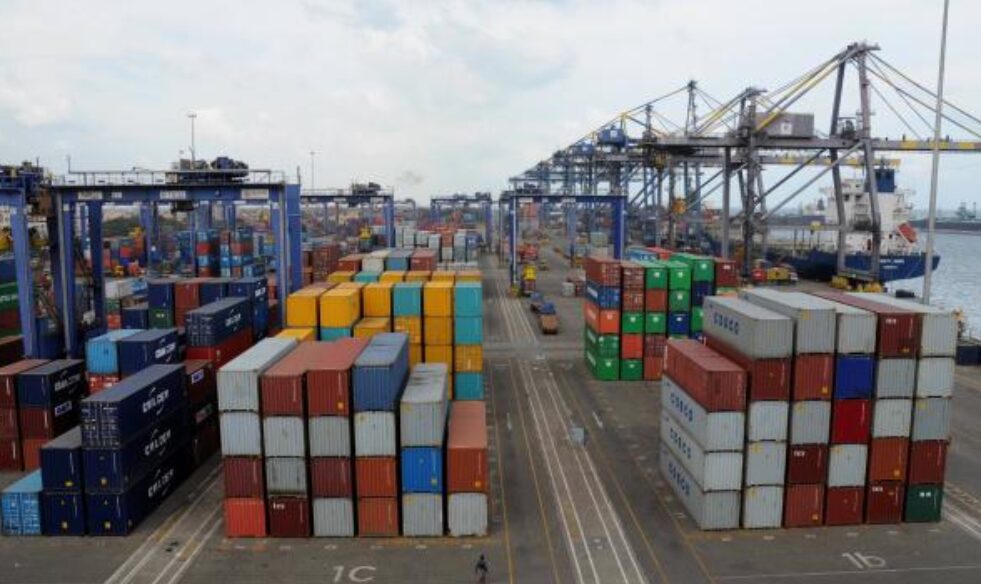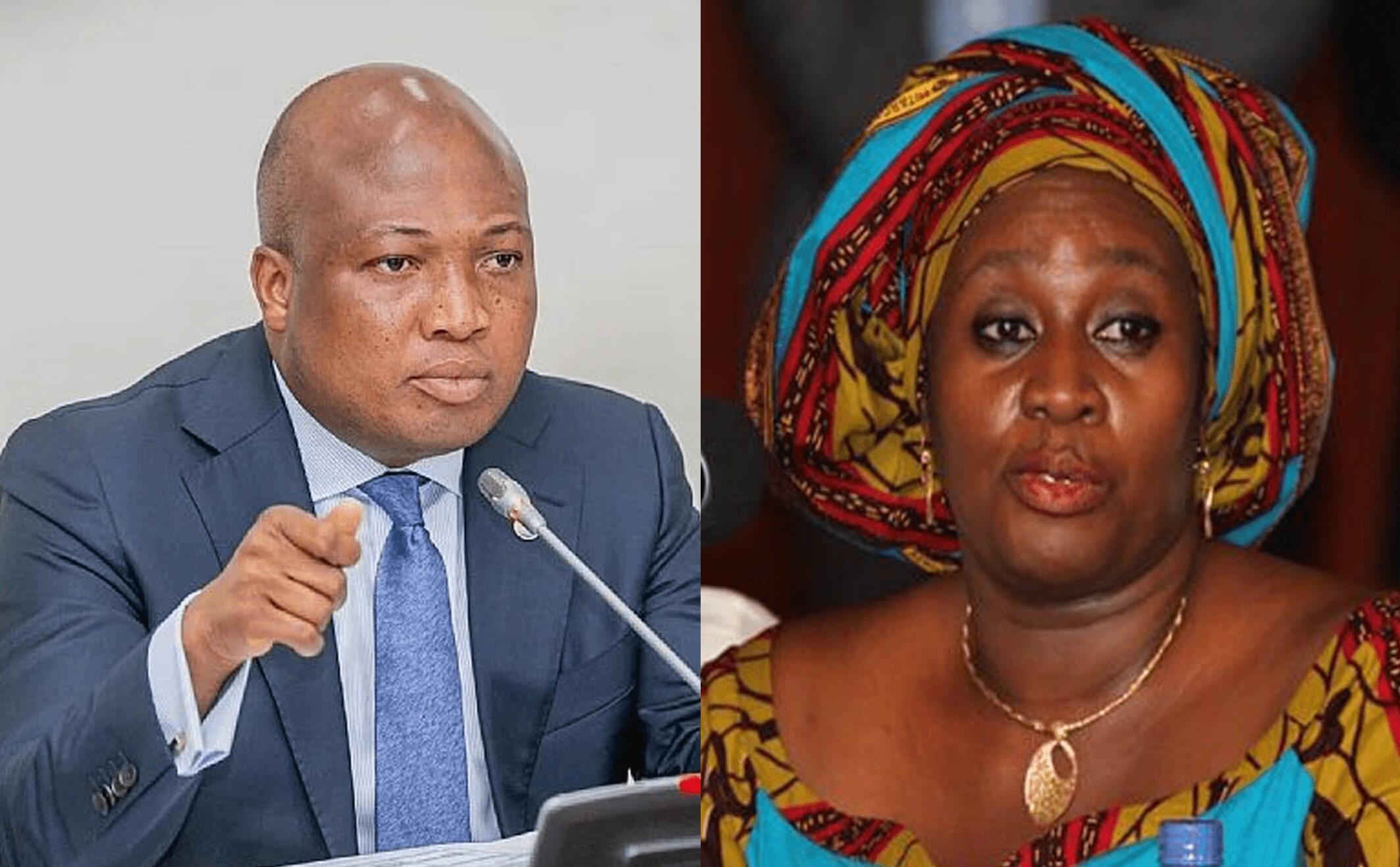Ghana has been urged to accelerate shift to cheaper fuels in response to rising energy costs that are straining both public finances and household budgets. Analysts and energy experts argue the country’s reliance on liquid fuels for power generation has pushed operational costs upwards and dampened economic growth.
The call comes after the Electricity Company of Ghana (ECG) and independent power producers flagged mounting debts and elevated tariffs linked to expensive fuel imports. It was noted that transition to cheaper alternatives such as natural gas, solar and wind must be accelerated if Ghana is to stabilise its energy-sector finances and support industrial competitiveness.
Reports show that Ghana’s thermal plants consume large volumes of imported light crude oil and diesel, which are far costlier than domestic natural gas. Experts emphasise that local gas reserves could be better harnessed, thereby reducing dependence on foreign markets and shrinking generation costs per kilowatt-hour.
Government stakeholders were told that without a clearer fuel-switch plan and firm milestones, the benefits of cheaper fuels will remain elusive. Recommendations included the creation of incentives for gas-to-power projects, stricter procurement transparency, and rapid deployment of renewables. It was also proposed that the import bill for expensive liquid fuels could be cut by more than US $400 million annually if a full shift to domestic resources is achieved.
While some infrastructure and regulatory constraints were acknowledged, advocates said that delaying the transition would only deepen the financial burden on energy utilities and reduce Ghana’s appeal to investors. Swift action, they maintained, would pave the way for lower electricity tariffs, improved reliability and stronger economic resilience.
#VitusGTS
















